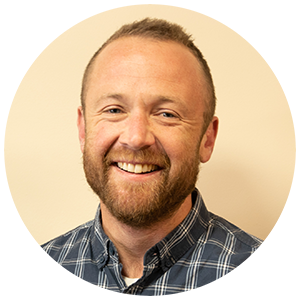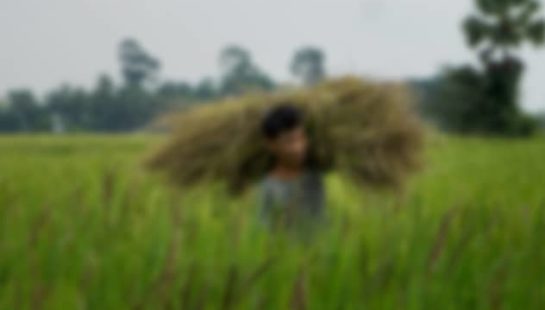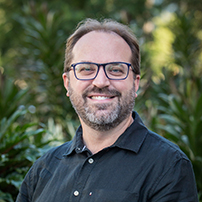Not long after I joined Baptist World Aid’s advocacy team, I found myself in the heart of Melbourne, attending a conference as part of my induction. The conference’s name, highlighted on screens throughout the lobby of the hotel, caused regular guests to do a double take, albeit with some discomfort:
Modern-Day Slavery Conference: Taking Action Together
This is the first event I had been to where all attending delegates had agreed to abide by the ‘Chatham House Rule’, which states that information gathered is free for use, but sources must remain anonymous. The presence of this rule indicates the sensitivity of the subject matter.

Why Host A Conference About Modern Slavery?
Hosted by Australia’s Attorney General’s Department over 450 delegates gathered to consider what actions might genuinely address the practice of modern slavery, both at home and abroad. Here are some facts that highlight what’s at stake:
- More than 40,000 people in Australia are working in circumstances that meet the criteria of modern slavery.
- 50 million people are living in modern slavery, with close to 28 million in forced labour, and 22 million in forced marriage.
The delegates represented a fascinating cross section of society: government and law enforcement, academics, big business, NGOs, and frontline workers. The most powerful voices in the room, though, belong to survivors of various expressions of modern slavery—courageous individuals who have summoned extraordinary bravery to connect real-life stories to statistics.
Real Stories, Told By Real People
We heard from a woman who was kidnapped from her mother as a child, and then bought, sold, and caged. When she was discovered by authorities, her physical condition had deteriorated to such an extent that she was unable to even walk.
We also heard from a man from the Pacific Islands who arrived in Australia with a legitimate seasonal worker’s visa, and a guarantee of employment in the agricultural sector. After making his way to the remote location of his employer, his passport was removed and he was told it would only be returned when he had ‘worked off’ his recruitment costs. After two years of forced labour, he was ‘rescued’ by people from a rural church.
To See Change, We Need To Work Together
It’s the stories of these survivors that are the touchstone of humanity for every one of these discussions. As the presenters gave their unique perspectives regarding the change required in their area of expertise for a more just future, two common themes emerged:
1. Legislation is key to change.
Numerous presenters said that a government’s legislative agenda holds the greatest capacity to drive change in the behaviour of big business regarding modern slavery. Publicly listed companies have a mandate to maximise profit for shareholders, but it’s the government that ‘sets the rules’ for how those profits can be achieved. Advocating for policy change, accountability and compliance related to ethical supply chain and procurement procedures has therefore never been more important.
2. Change will be difficult, and collaboration is essential.
Change isn’t easy because there’s massive variation from one country to the next when it comes to legislation and oversight concerning complex issues related to modern slavery. Organisations like Baptist World Aid have unique opportunities to highlight and promote action towards better practice, such as through our Ethical Fashion Guide or our collaboration with Be Slavery Free.
As I’m returning home, I find myself immensely grateful to have even been in the room where solutions are being discussed to these immense, and vexing challenges; I’m also grateful to have joined an organisation that cares deeply about encouraging individuals and whole communities to play their part, right now in practical word and action, to build a better future for the world’s most vulnerable people.




 Peter Keegan,
Peter Keegan,